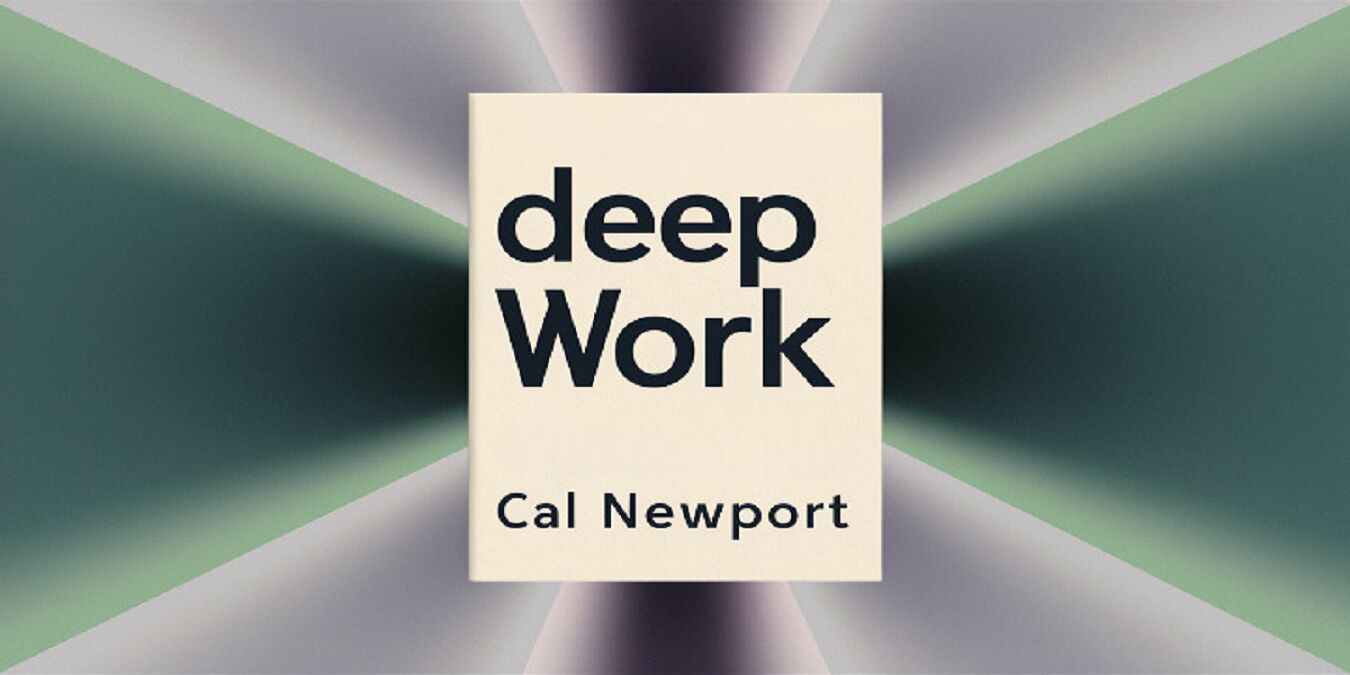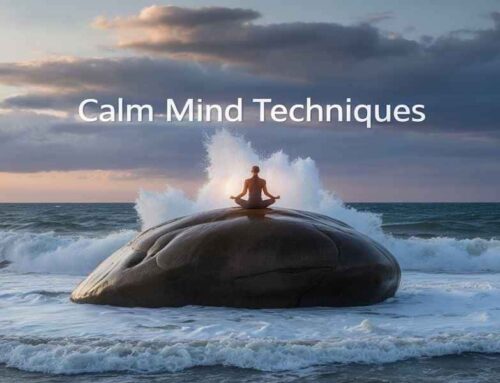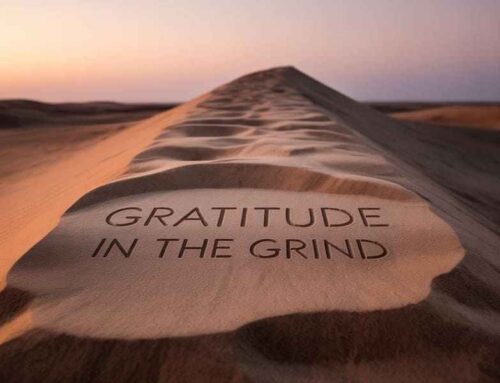
Deep Work
Cal Newport’s Deep Work presents the idea that deep, focused work is essential for achieving extraordinary results in a world filled with distractions. Newport defines “Deep Work” as professional activities performed in a state of distraction-free concentration that push cognitive abilities to their limit.
He contrasts this with “Shallow Work,” which consists of non-cognitively demanding tasks often performed while distracted. Newport argues that cultivating the ability to perform deep work is crucial for success in the information age.
Part 1: The Idea
Chapter 1: Deep Work Is Valuable
Newport begins by emphasizing the increasing value of deep work in today’s economy. He identifies two core abilities necessary for thriving in the modern job market: the ability to quickly master hard things and the ability to produce at an elite level in terms of quality and speed. Deep work supports both these abilities by enabling individuals to learn complex concepts and produce high-quality work more efficiently.
Newport cites several examples of successful individuals, such as Carl Jung and Bill Gates, who have utilized deep work to achieve remarkable accomplishments. He argues that as the demand for skilled labor increases, those who can engage in deep work will have a significant competitive advantage.
Chapter 2: Deep Work Is Rare
Despite its value, deep work is becoming increasingly rare. Newport attributes this to the rise of digital distractions and the cultural shift toward open offices and constant connectivity. He highlights the tendency of modern workplaces to prioritize shallow work, such as answering emails and attending meetings, over deep, focused tasks.
Newport also discusses the impact of social media and other digital distractions on our ability to concentrate. He points out that many people mistakenly believe that multitasking and constant connectivity are essential for productivity, when in fact they hinder deep work.
Chapter 3: Deep Work Is Meaningful
In this chapter, Newport explores the psychological benefits of deep work. He draws on the research of psychologist Mihaly Csikszentmihalyi, who introduced the concept of “Flow,” a state of intense focus and immersion in a task. Newport argues that deep work fosters a sense of purpose and satisfaction by enabling individuals to enter a flow state.
He also discusses the concept of “craftsmanship” and the idea that deep work allows individuals to create work of lasting value. By engaging in deep work, people can produce high-quality output that stands out in a world full of shallow distractions.
Part 2: The Rules
Rule 1: Work Deeply
Newport offers practical strategies for integrating deep work into daily life. He suggests creating rituals and routines that support focused work, such as setting specific times and locations for deep work sessions. He also recommends adopting a “monastic” or “journalistic” approach to scheduling, where deep work is prioritized and shallow work is minimized.
Newport emphasizes the importance of creating an environment conducive to deep work by eliminating distractions and establishing clear boundaries. He suggests using tools like time-blocking and the “4DX” framework (The 4 Disciplines of Execution) to set goals and measure progress.
Rule 2: Embrace Boredom
To cultivate the ability to focus, Newport advises embracing boredom and resisting the urge to constantly seek distraction. He argues that our brains have become accustomed to constant stimulation, making it difficult to concentrate for extended periods.
Newport suggests scheduling regular breaks from technology and engaging in activities that promote boredom, such as meditation or walking without a specific purpose. By doing so, individuals can train their brains to tolerate periods of deep concentration.
Rule 3: Quit Social Media
Newport challenges the assumption that social media is essential for personal and professional success. He argues that social media platforms are designed to be addictive and can significantly impede deep work.
He recommends a “Digital Declutter” process, where individuals take a break from optional digital tools for 30 days and evaluate their impact on their lives. After the declutter, they can selectively reintroduce tools that provide substantial benefits.
Rule 4: Drain the Shallows
In the final rule, Newport emphasizes the importance of minimizing shallow work to make room for deep work. He suggests auditing how time is spent and identifying shallow activities that can be eliminated, delegated or automated.
Newport also recommends setting strict limits on shallow work, such as restricting email usage to specific times of the day or setting quotas for the number of shallow tasks performed. By reducing shallow work, individuals can free up more time for deep, meaningful work.
Conclusion
Cal Newport’s Deep Work offers a compelling argument for the importance of focused, distraction-free work in achieving professional success and personal fulfillment. By distinguishing between deep and shallow work and providing practical strategies for cultivating deep work habits, Newport offers a roadmap for individuals seeking to thrive in an increasingly distracted world.
The book challenges prevailing cultural norms around productivity and connectivity, urging readers to prioritize deep work as a path to mastery and meaningful accomplishment. Through a combination of theoretical insights and actionable advice, Deep Work provides a blueprint for harnessing the power of concentration in the pursuit of excellence.
Further Reading
- “Atomic Habits: An Easy & Proven Way to Build Good Habits & Break Bad Ones” by James Clear
- “The One Thing: The Surprisingly Simple Truth Behind Extraordinary Results” by Gary Keller and Jay Papasan
- “Essentialism: The Disciplined Pursuit of Less” by Greg McKeown
- “Digital Minimalism: Choosing a Focused Life in a Noisy World” by Cal Newport
- “The 4-Hour Workweek: Escape 9-5, Live Anywhere, and Join the New Rich” by Timothy Ferriss
- “Flow: The Psychology of Optimal Experience” by Mihaly Csikszentmihalyi
- “Getting Things Done: The Art of Stress-Free Productivity” by David Allen
- “Make Time: How to Focus on What Matters Every Day” by Jake Knapp and John Zeratsky
- “The Productivity Project: Accomplishing More by Managing Your Time, Attention, and Energy” by Chris Bailey
- “So Good They Can’t Ignore You: Why Skills Trump Passion in the Quest for Work You Love” by Cal Newport
- “Eat That Frog!: 21 Great Ways to Stop Procrastinating and Get More Done in Less Time” by Brian Tracy
- “Drive: The Surprising Truth About What Motivates Us” by Daniel H. Pink
- “The Power of Habit: Why We Do What We Do in Life and Business” by Charles Duhigg
- “Indistractable: How to Control Your Attention and Choose Your Life” by Nir Eyal
- “Peak: Secrets from the New Science of Expertise” by Anders Ericsson and Robert Pool
- “The War of Art: Break Through the Blocks and Win Your Inner Creative Battles” by Steven Pressfield
- “The Miracle Morning: The Not-So-Obvious Secret Guaranteed to Transform Your Life (Before 8AM)” by Hal Elrod
- “Calm Clarity: How to Use Science to Rewire Your Brain for Greater Wisdom, Fulfillment, and Joy” by Due Quach
- “Ultralearning: Master Hard Skills, Outsmart the Competition, and Accelerate Your Career” by Scott H. Young
- “Your Brain at Work: Strategies for Overcoming Distraction, Regaining Focus, and Working Smarter All Day Long” by David Rock















This is my first time pay a quick visit at here and I am really happy to read everthing at one place